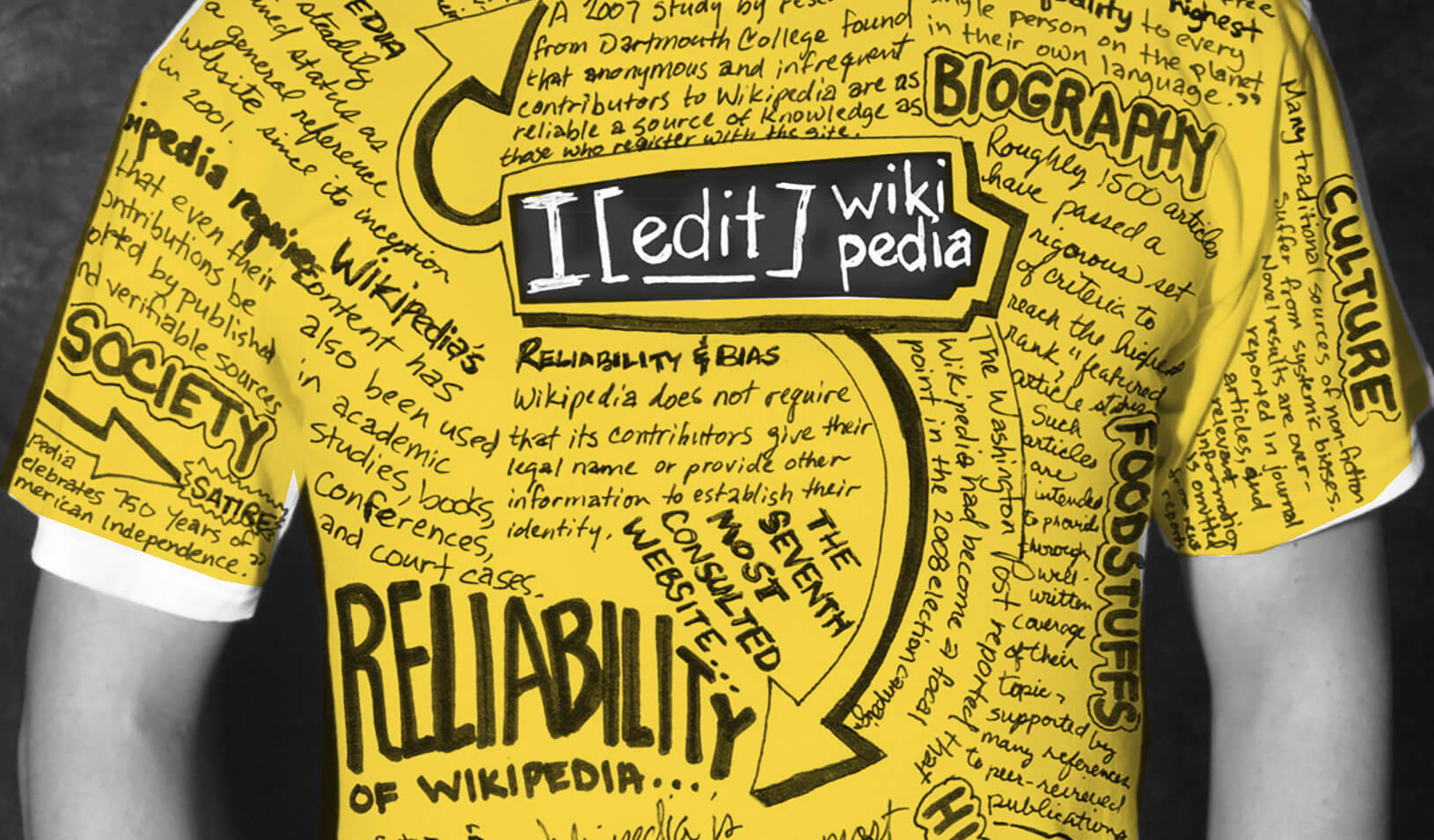“The Minority Report,” Steven Spielberg’s sci-fi movie release in 2002 has the following scene. John Anderton (Tom Cruise), after having eyeballs replaced to escape police detection, walks into an apparel store (the Gap). The camera in the store scans his eyes, and the flat TV panel instantaneously starts an advertisement showing a holographic image of a woman, “Hello, Mr. Yakamoto! Welcome back to the Gap. How did those assorted tank tops work out for you? Come on in and see how good you look in one of our new Winter sweaters.” Well, this scene (prepared with the help of MIT Media Lab) demonstrates the next generation of business model — sense and respond.
In place of broadcasting uniform messages to a wide audience in an indiscriminate fashion, sense and respond (S&R) attempts to pinpoint the right individual with the right message — or, product or service. S&R, if properly implemented in the context of supply chain management, could reduce various costs and headaches such as stockouts, excess inventory, poor customer service, low yield of customer response to ad campaigns, and inaccurate delivery time quotes.
S&R may be viewed as a compound of real-time enterprise (RTE) and mass customization. Although the full version of S&R is not to be seen in a while, we see several preliminary versions like Dell Computers and Seven Eleven Japan, and many other companies aspire to go in that direction (e.g., Toyota’s 3-day cars). Indeed, as an industry speaker from Intel mentioned at the Stanford Global Supply Chain Forum, “These days every company wants to be like Dell, including Dell itself.”
Perhaps the closest example to S&R will be Harrah’s Casino. Go to Las Vegas, and you will see a variety of showings — not just gaming machines, but also shows and displays — put up by hotels and casinos to attract customers with better entertainment packages. Examples are: artificial volcanoes, talking Caesar’s statue, sinking ships, and replica of Paris and New York City. But Harrah’s Casino (belonging to the Harrah’s Entertainment, the third largest Casino chain) sitting across Caesar’s Palace is as profitable as any of its fancier competitor without any exotic display. Instead of talking statues it chose to focus on dynamic customer relationship management (CRM) by becoming a “real-time active enterprise” — S&R player in our term. At the core of their CRM is their Total Reward (TR) program, a sort of airline mileage program applied to the gaming business. You (optionally) stick the card onto a slot machine before playing it. The more you play, the more points you collect. You can redeem the reward points in the form of free meals, hotel rooms, and air flights. TR allows you to be recognized in near-real-time at every one of Harrah’s 26 properties. Below (with a slight exaggeration, for exposition) we have a glimpse of S&R in action.
It’s 9PM Saturday night. Harrah’s Casino in Lake Tahoe is overflowing with dazzling lights and eager gamblers. It is unusually crowded so most of the machines are taken. New customers coming to the room maybe frustrated by not finding a machine of their liking and may leave for another casino. At this time the system identifies Ms. Sarah Jones playing on machine 35. She usually plays for 3 hours in a row, but today so far she played for 2.5 hours. The system also sees from past records that she loves Chinese food. The chain has three Asian restaurants nearby, but the Pacifica restaurant on the second floor of Harvey’s (another of its 26 properties) has some open seats available now. Suddenly the slot machine 35 begins to print the following message for Ms. Jones: “Ms. Jones: Thank you for using our Harrah’s Casino. In token of our gratitude, we here offer you a free dinner buffet at Pacifica — on the second floor of Harvey’s located just across the street. For your convenience, we made a reservation for you for the next half an hour. Please present this printout as a coupon. I hope you will enjoy the dinner with us tonight.”
Using such dynamic CRM and other innovations, Harrah’s has become one of the nation’s most profitable casino chains and recently agreed to acquire one of its bigger competitor chain Caesar’s Palace.
Given the emerging technologies like the Internet, mobile phones, RFID, and telematics, we seem quite close to S&R. But it brings several challenges, including raising the issue of privacy intrusion and the threat of criminal activity. S&R also opens the door for commercial greed (more in line with the movie The Truman Show featuring Jim Carrey than George Orwell’s book 1984) capable of creating annoyances such as an unstoppable stream of spam and the leakage of private information. Inevitably, we will see a collision between the corporate efficiency and individual privacy. But whether we like it or not, it will come.
For media inquiries, visit the Newsroom.






